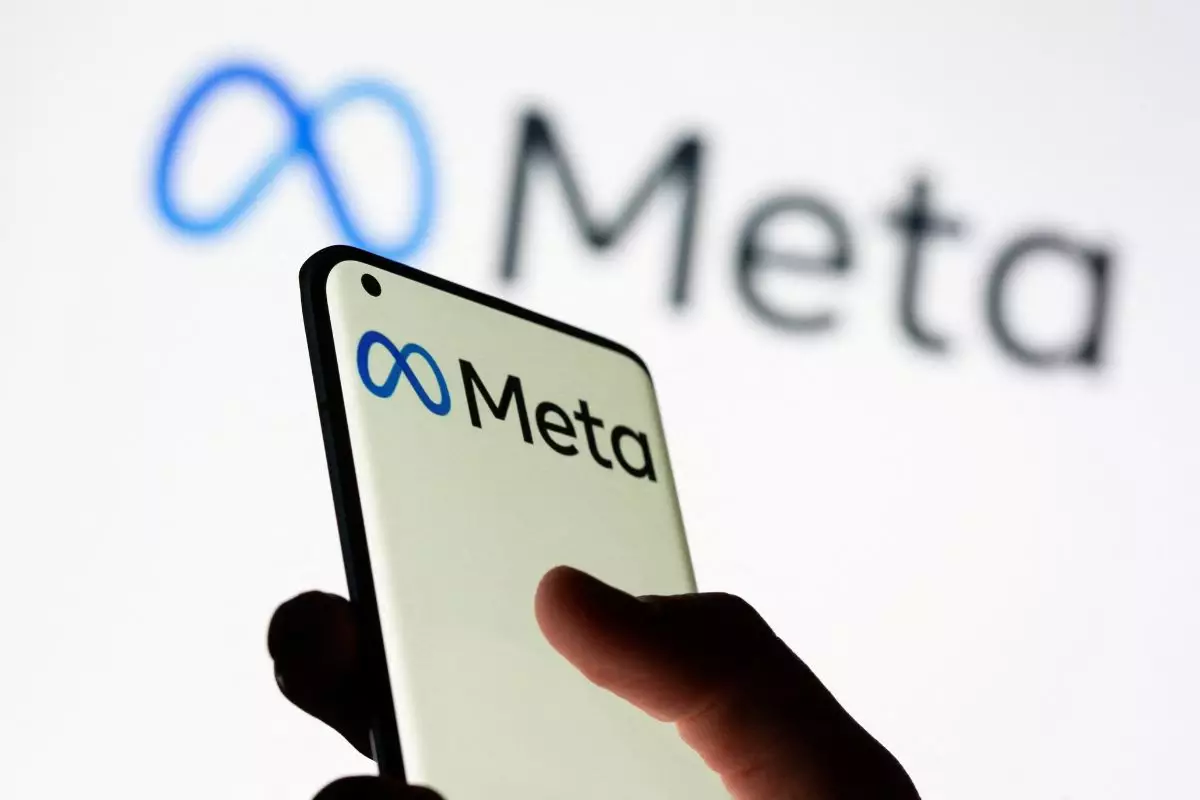In a surprising revelation, documents from Mark Zuckerberg’s testimony in a high-profile antitrust trial reveal that Meta’s CEO contemplated spinning off Instagram as far back as 2018. The fear of federal scrutiny over the growing power of big tech firms seemed to loom large over Meta’s operations, prompting Zuckerberg to weigh drastic measures for the future of his company. This introspection sheds light on the complexities of consolidating power in the tech realm, revealing the tightrope that Meta must walk to maintain its market position while appeasing regulators.
Zuckerberg’s memo reflects a strategic mindset. He appeared torn between the desire for robust business growth through consolidation and the potential risks that such a strategy posed to Facebook’s original social media platform. There’s an inherent irony in Zuckerberg’s assessment of his flagship application; while he acknowledged Facebook’s historical significance, he also recognized that the tech landscape is fluid, with rapid changes that can diminish a previously dominant player. The contemplation of Instagram as a “separate company” underscores the growing realization that the architecture of social media platforms could soon be subject to reevaluation at the hands of governmental powers.
The Buy-or-Bury Dilemma: Meta’s Acquisition Strategy
During this trial, Zuckerberg’s testimony further emphasizes Meta’s aggressive acquisition strategy, notably relating to Instagram’s success. He stated that acquiring Instagram was an informed choice because it presented technical advantages, particularly in its camera functionality—something Meta struggled to master at the time. This candid response lends credibility to the Federal Trade Commission’s (FTC) allegations that Meta employs a “buy or bury” strategy. By acquiring competitors instead of innovating against them, Meta has maintained its foothold in the social media landscape while stifling potential threats.
Zuckerberg’s insights reveal a corporate philosophy centered on survival through acquisition. Yet, this raises pertinent questions about innovation in the tech space. If established firms continually opt to purchase their would-be competitors rather than foster innovative environments, what does this mean for new entrants to the market? It reveals a tug-of-war between large corporations and nascent innovations, where the giants can often squash ingenuity before it has a chance to flourish.
Antitrust Actions: A Glimpse into Future Legislative Trends
The context of Zuckerberg’s concerns comes to the forefront when considering the FTC’s legal actions against Meta, which began in earnest during Donald Trump’s presidency. Analysts and legal experts view this as a significant moment for antitrust policy in the United States, as it indicates a shift toward heightened scrutiny of Big Tech companies—especially those with a monopoly over communication and content-sharing platforms. The implications of this trial are profound. Should the FTC compel divestiture of Meta’s acquisitions, such as Instagram and WhatsApp, it could reshape the competitive landscape entirely.
Moreover, Zuckerberg’s contemplation regarding potential future regulatory changes underscores a valid point about the cycling nature of political power and influences over corporate governance. He forecasts a world where the next Democratic administration could take significant action against major conglomerates; it’s not just theoretical but rather a strategic concern grounded in the possibility of real political shifts. This adds a layer of immediacy for Meta, as they must not only navigate current scrutiny but also prepare for future challenges.
The Resilience of Meta Amidst Adversity
This legal battle and the broader discourse surrounding antitrust regulations prompt a deeper examination of Meta’s resilience. Despite Zuckerberg’s insights into the company’s previous acquisition strategies, he consistently pushed back against the idea that breaking up Meta would benefit the overall operational efficacy. History provides a cautious perspective; companies often claim that divestiture harms their productivity, yet many have emerged stronger post-breakup.
Interestingly, Zuckerberg’s ebbs and flows of confidence highlight an ongoing struggle for control within the industry. His acknowledgment of the difficulty of creating successful apps reveals a vulnerability. Meta has not always been the pioneering force in innovation, failing multiple attempts at developing new applications. This organic wave of competition, epitomized by apps like TikTok and Snapchat, challenges established companies to either innovate or risk irrelevance.
Thus, the antitrust trial is not merely a legal proceeding but reveals a profound narrative about power dynamics in the tech industry. It is a story of legacy, competition, and the future trajectory of innovation amid mounting pressures for accountability. Meta stands at a crossroads as it dramatizes a tale where technological innovation meets legislative scrutiny, urging all stakeholders to reconsider what success, competition, and integrity truly mean in the evolving world of social media.

